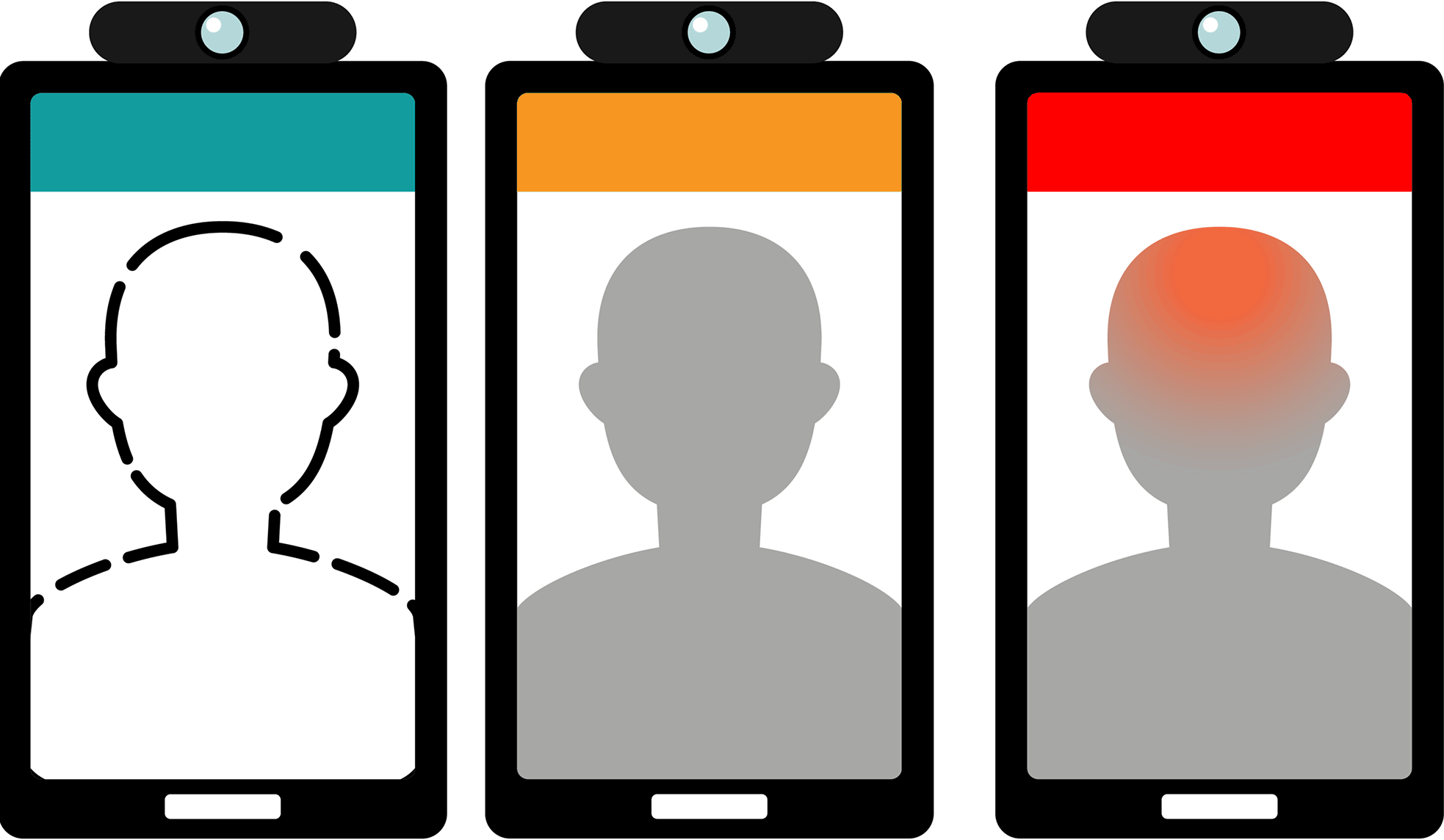Spending hours on the Internet may trigger depression, say researchers from Australia and China. Numerous studies have documented the link between mental illness and pathological Internet use, though the majority have found that excessive online behavior tends to occur as a result of conditions such as anxiety and depression, either as a way to self-medicate or as a manifestation of the person’s mental state. But what about the reverse? Could pathological Internet browsing lead to depression or other mental problems in people who are otherwise healthy?
That’s the question Lawrence Lam, an epidemiologist at the University of Notre Dame in Fremantle, Australia, and his colleague Zi-Wen Peng at SunYat-Sen University in Guangzhou, China, wanted to answer. Using a database of more than 1,000 high school students in Guangzhou, the pair assessed Internet use and mental-health status over a period of nine months. At the start of the study, about 6% of the students met the criteria for pathological Web surfing, based on their answers to a 20-question survey assessing addiction to the Internet. These students reported feeling moody, nervous or uncomfortable when they were not on the computer.
Nine months later, researchers measured symptoms of anxiety and depression in all the participants and found that those who reported having been more addicted to the Internet to start were 2.5 times more likely to be depressed than those who did not feel so tied to their computers. This was true even of students who did not show signs of depression at the beginning of the study. (Researchers found no association between Internet use and anxiety.)
“This study has a direct implication on the prevention of mental illness among young people,” wrote Lam in an e-mail discussing the findings. “The results indicate that people who use the Internet pathologically are most at risk of mental problems and would develop depression when they continue with that behavior.”
Lam’s study did not address why Internet use might increase the risk of depression. It could be that pathological users become more isolated and less connected to others, which can trigger or reinforce depressive symptoms, though the study does not offer enough evidence to speculate. It could also be, as past studies have found, that people whose Internet use reaches pathological levels are somehow already predisposed to depression, either biologically or socially, and that they turn to spending time online when they are unhappy or having problems with friends or family. Lam acknowledges that this factor may not have been picked up in his study, although he and his team did account for baseline symptoms of depression.
Slavish use of the Internet could be a red flag for underlying depression, says Lam, so online behavior might be a useful screening tool for identifying youngsters, especially teens, who might be at highest risk. “It is because this sort of behavior may be a manifestation of some underlying problems that they are more insidious,” he says. “Even mentally healthy young people may succumb to depression after a long exposure of problematic use of the Internet, so the mental-health consequences of problematic Internet use for those who have already had a history of psychological or psychiatric problems would be more damaging.”
It’s also a confirmation that parents should monitor children’s online activities, not just for what they are seeing and learning but also for what their Internet behaviors might be telling the parents about their children’s mental state.
Time Magazine; Alice Park



